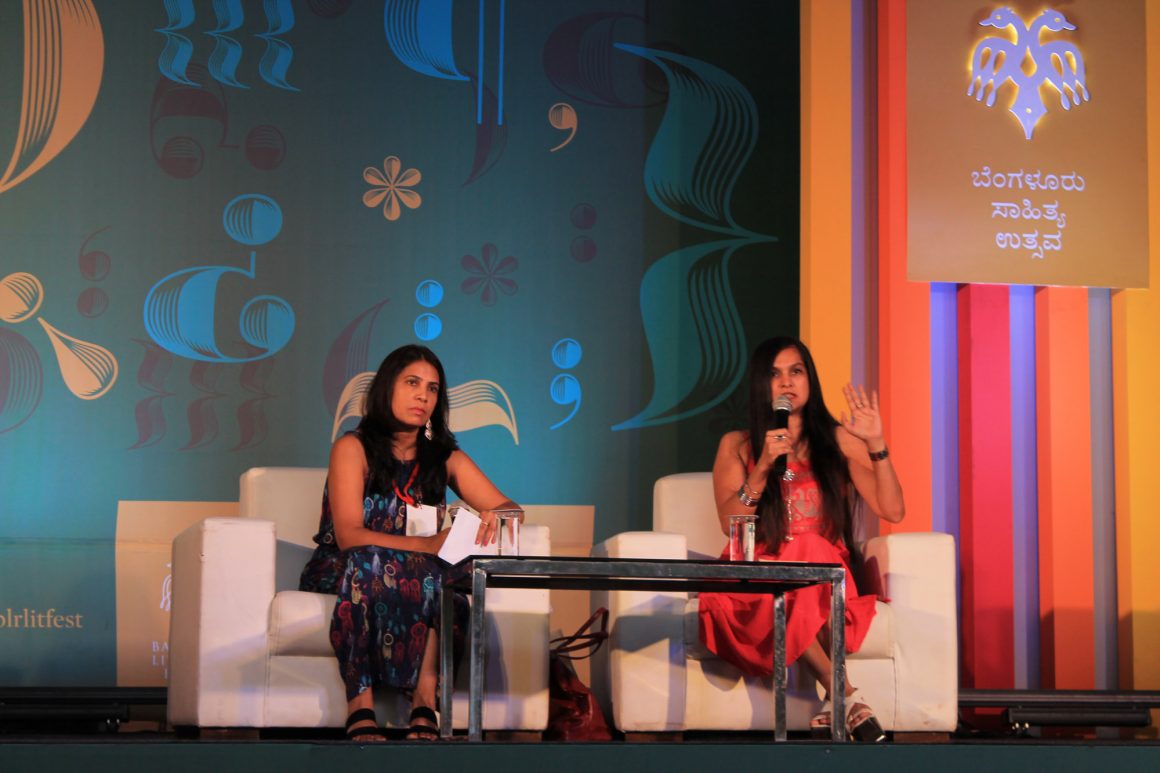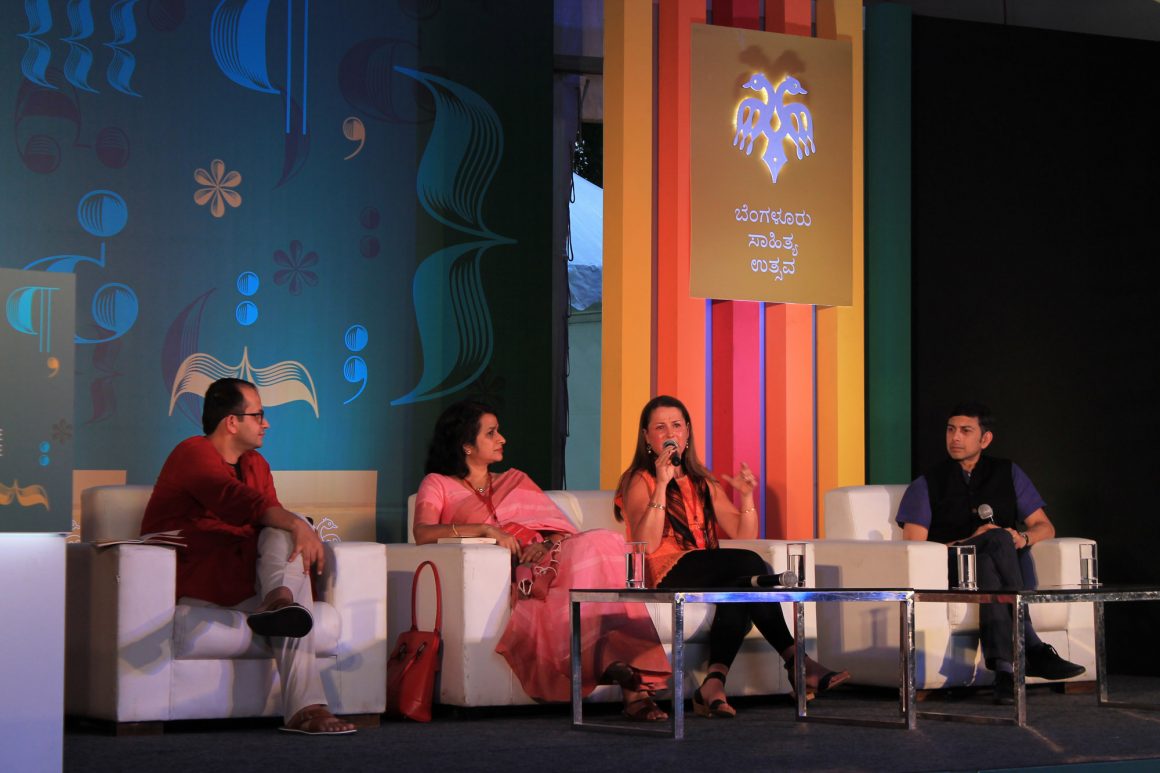Is there any reader who doesn’t know Preeti Shenoy? Not at all. people of all ages love her work.
Preeti Shenoy is a Banglore based, one of the top five highest selling authors in India. Having written in varied theme and life experiences, she is one of the most influential writers in India. Her books are a source of new hope and enlightenment to readers. They have been translated into several languages. She’s well known for her poetry and short stories. She is also an artist specialising in portraiture and illustrated journalling.
Preeti Shenoy was in conversation with Vani Mahesh. Vani Mahesh is a good old friend of Preeti and also a fellow writer. Best-selling author Preeti Shenoy was slated to speak about her new book, ‘Wake Up, Life Is Calling‘. Wake Up Life’s calling is a sequel to Preeti Shenoy’s iconic bestseller ‘Life is What You Make it’. Roughly eight years later the author released the sequel.
The book deals with the human mind and the immense power of positive thinking. The gripping narrative demonstrates with gentle wisdom how by changing our thoughts we can change our life itself. The author has researched so much on mental health for nearly for two years. Written in a simple language, this book revolves around the topics of friendship, truth, and mental health. It also reinforces the power of positive thinking and how it can change our lives.
Explaining the title, Preeti said, “I wanted something inspiring and positive that connects ‘life’ in it. But it had to be distinct from ‘Life Is What You Make It‘. We had about 30-40 titles and, when I heard Wake Up, Life Is Calling, I knew it was apt for the story. Preeti also said none of my readers knows that I’m an introvert.
Preeti also unveiled the jacket of ‘Wake Up, Life Is Calling‘ logo for her readers. The flower symbolises life, both are beautiful. Then something terrible happens and scatters the petals, destroying the flower.
There was also a rapid-fire round with the author. ‘Wake Up, Life’s Calling’ is all about love, hope, and dreams. In conclusion, the session was more inspiring, informative and fun. What Preeti conveyed is to be a dreamer and an achiever.
About the Author: Bhuvanashree Manjunath is an Engineering student, also an avid reader, poet, and a blogger. She also works as a book reviewer. She currently writes for TheSeer.











